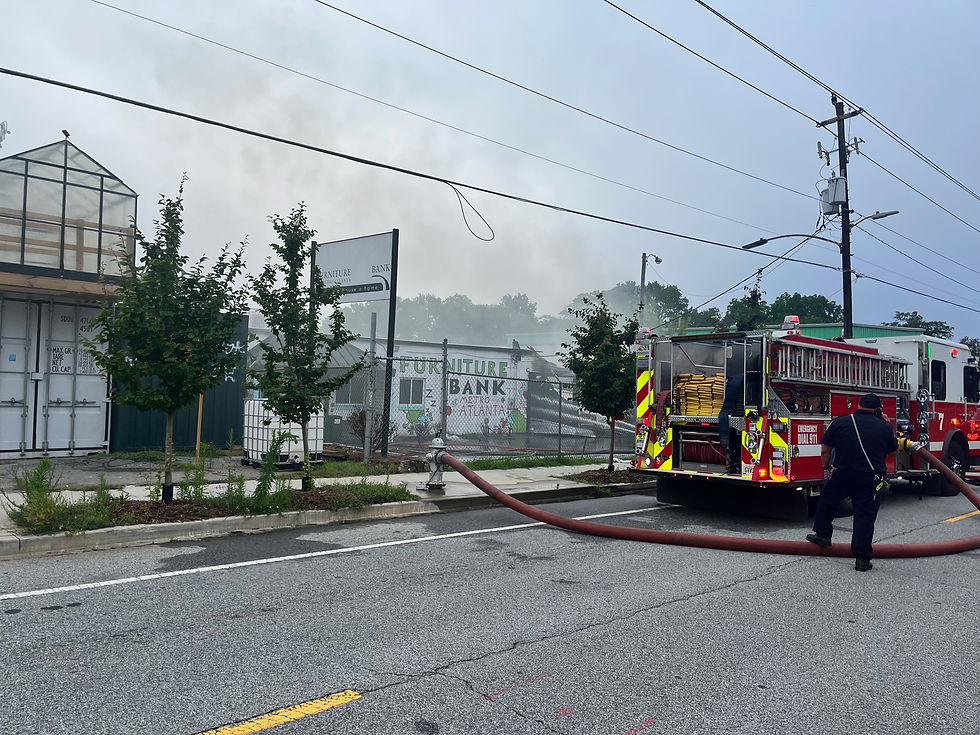Prevention is Better Than the Cure
- Annette Hughes
- Apr 9, 2025
- 3 min read

I can honestly share that I came from the generation of "spare the rod, spoil the child." Growing up in a household with two siblings, my mom, and a very involved dad, success was not an option but a requirement. My mom, the juggler, had to balance living her life, raising three little people around the clock, employment, and pleasing a fleeting moment of a significant other. Mom was not the only parent in this situation, nor will she be the last. This balancing act was based on a familiar parenting style in which she was raised - good, bad, or indifferent. She was parented by what she knew, which impacted her, my siblings, and me. Although we are all successful in our own right, occasional pitfalls needed diversionary tactics.
Proverbs 13:24, "spare the rod and spoil the child," was the belief of many parents. They believed that withholding discipline could lead to a child becoming unruly... However, some young children would beg to differ, expressing their dislike of this belief by acting out. Or, they would tell someone, possibly a mandated reporter, about what happened and how they felt, especially if it left marks or bruises. To add insult to injury, your successful and educated children, despite your sacrifices, may periodically remind you of your parenting skills and deduce that your style may have been closely associated with some type of colonialism and or generational trauma that perpetuated emotional scars.
I used to say that if I grew up in today’s society, I would be in foster care. Acceptable parenting practices have evolved.
Today, millions of children are in foster care in the U.S. We have parents who are struggling to make ends meet while trying to keep it together, but not all are successful. Some of these parents include our siblings, family members, close friends, neighbors, etc. (which doesn’t make it OK, but we can empathize). Maybe you can recommend that they attend a parenting class, see a life coach, or request an employee assistance program (EAP) service at their job?
We can no longer ignore the emotional challenges that our families face because the negative outcomes directly affect us, our schools, and our communities. They deter us from increasing our positive vibrations. Well, there’s hope and help!
Resources
When we work with children, in any capacity, we are identified as Mandated Reporters and are bounded by Georgia Laws. For information and free training on Mandated Reporters, view these links:
If you live in Cobb County, Georgia, the PCA Cobb Strategy Team @ Cobb Community Collaborative is seeking your input. The PCA Cobb Strategy Team @ Cobb Community Collaborative, brings together leaders, stakeholders, and nonprofit organizations serving children and families in Cobb County. Parents and other stakeholders who care about our children. These bi-monthly meetings are an opportunity to collaborate on strategies that strengthen families, prevent child abuse and neglect, and create a collective impact on key community issues.
For more information, click here.
If you know or have a feeling a child may be at risk of harm, don’t hesitate or feel scared to call. Your intuition can be the difference between life, death, or decades of living with childhood trauma.
For Georgia’s statewide child prevention hotline, call: 1-855-GACHILD (1 855-422-4453). All call are CONFIDENTIAL.
If you live in St. Thomas, United States Virgin Islands, click here for a resource for child abuse prevention.
If you want to know where to go in your respective community, email me at annettehughes@socialconceptsga.com.




Comments